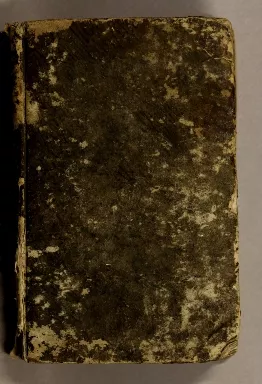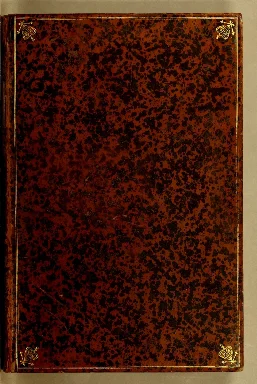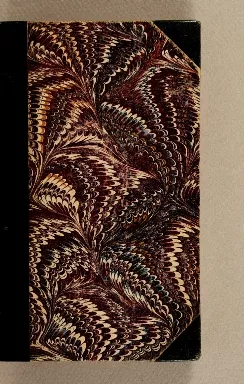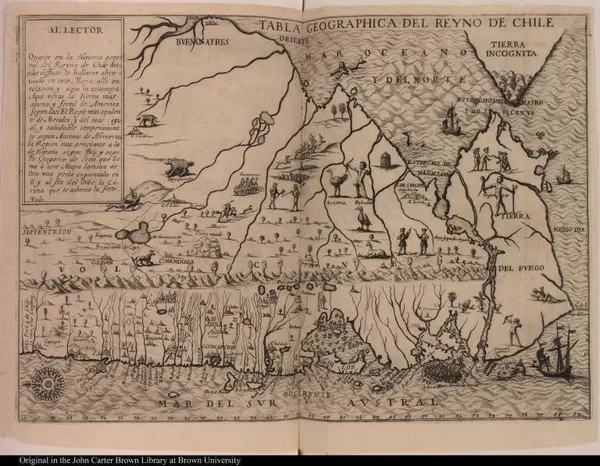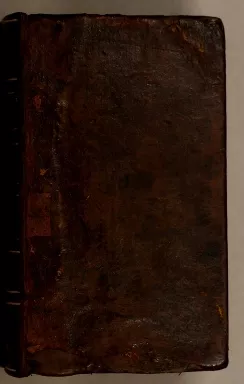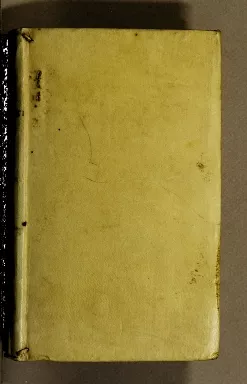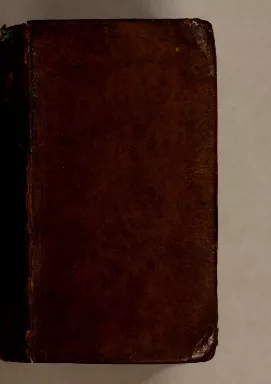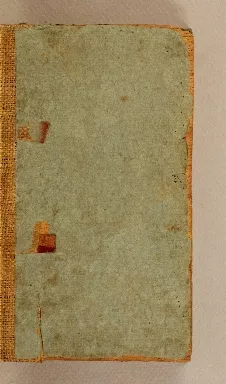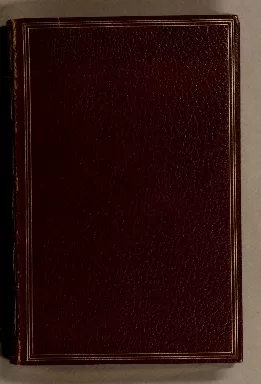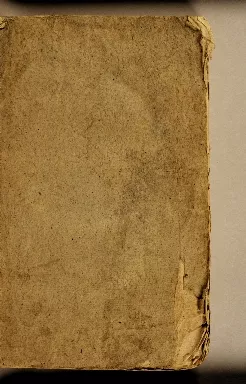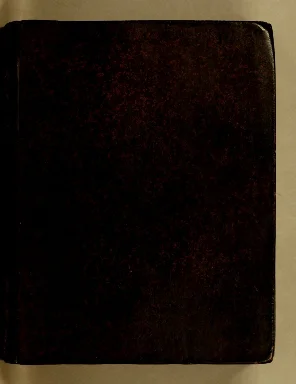During the migration of our legacy catalogs and past exhibitions into Americana, there are occasionally items that cannot be immediately included in our new environment. This may happen for two reasons: the item in question is not yet cataloged, or it was lent by another institution.
Any items that are not integrated into Americana are included in this section and added to our processing queue.
Jonathan Swift, Travels Into Several Remote Nations of the World ... by Lemuel Gulliver London, 1726
The popularity of Gulliver’s Travels rivaled that of Robinson Crusoe. Swift began the work in 1721 , and it took four years to complete. Gulliver’s Travels challenged the superiority of England’s social and political institutions, as well as the Enlightenment attitude that humans occupied a privileged position in the Chain of Being. On September 29, 1725, Swift wrote to Alexander Pope that he was “finishing, correcting, amending, and transcribing my travels… intended for the press when the world shall deserve them, or rather when a printer shall be found brave enough to venture his ears.’’ The edition shown here, published in December, 1726, was the first of over a hundred editions in English (as well as translations in Swedish, Italian, Danish, Russian, and Spanish) produced in the eighteenth century.
Critique of Justice
Isaac Bickerstaffe. The Life, Strange Voyages, and Uncommon Adventures of Ambrose Gwinnett. Hudson, 1786.
This tract, attributed to Isaac Bickerstaffe and first published in 1750, uses the life and adventures in the Caribbean of a wrongly accused man as an argument against the use of circumstantial evidence in criminal trials. Bickerstaffe was a dramatist who briefly enjoyed associations with the brightest literary stars of the time--Oliver Goldsmith, Samuel Johnson, James Boswell, and David Garrick among them. In 1772 he came under 7 suspicion of committing a capital crime, and fled abroad. The last reports of him (1812) described a man "poor and despised of all orders of people."
Lunar Utopia
Daniel Defoe. The Consolidator: or, Memoirs of Sundry Transactions from the World in the Moon. London, 1705.
A "tacker" (or "consolidator") was one who favored attaching other bills in Parliament to money bills, to ensure their passage through the House of Lords. This work by Defoe was a critical response to the attempted tacking of the Occasional Conformity bill to a finance bill of 1704. If it had passed, this bill would have excluded all who worshipped outside the Church of England (Dissenters) from public office. The narrator journeys to the moon in a chariot made of 513 feathers, corresponding with the 513 members of Parliament, where he finds many parallels to the goings-on in England: a dispute between the Solunarians (Church) and Croalians (Dissenters); a similar controversy with an Occasional bill; the question of who should rule Ebronia (Spain--alluding to the War of the Spanish Succession); and a Shortest Way with the Croalians, which refers to a Tory tract against the Dissenters, the message of which was to kill them all.
[On loan from the John Hay Library]
Utopian Church
A Conference between a Bensalian Bishop and an English Doctor, Concerning
Church-Government. London, 1681.
This anonymous tract is a fictional transcription of a discussion between an English doctor and a Bishop of Bensalia. "I was cast upon that happy country of Bensalia," the doctor begins, and we are told little else about the country itself besides the workings of its church. The tract is addressed to the Church of England in general and the Archbishop of Canterbury in particular, from Theophilus Do-Well (Bishop of Bensalia). While not strictly speaking a utopia, the work uses utopian elements in order to "compare" the actions of the Church of England with that of Bensalia--the target result being a vituperative attack on church practice in England, specifically episcopal abuses.



